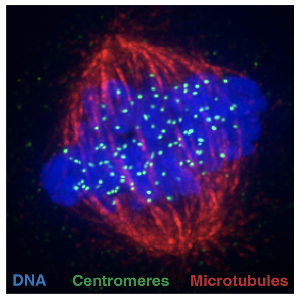2024-09-06 スウォンジー大学
<関連情報>
- https://www.swansea.ac.uk/press-office/news-events/news/2024/09/researchers-create-new-framework-to-help-understand-how-microbial-communities-emerge.php
- https://www.sciencedirect.com/science/article/pii/S0966842X24002142
複雑な微生物-宿主共生のメカニズム的枠組み A mechanistic framework for complex microbe-host symbioses
Gui Araujo, José M. Montoya, Torsten Thomas, Nicole S. Webster, Miguel Lurgi
Trends in Microbiology
Available online: 5 September 2024
DOI:https://doi.org/10.1016/j.tim.2024.08.002

Highlights
As in all complex ecosystems, multispecies symbiotic associations are shaped by ecological and evolutionary forces acting at several temporal, spatial, and organisational scales.
Microbiome assembly inside plant and animal hosts is shaped by, and in turn shapes, the traits of both microbes and hosts.
Theoretical frameworks combining ecological and evolutionary mechanisms are essential to provide a better understanding of the assembly of complex symbiotic microbial communities.
The generation of testable predictions from theory relies on the identification of key mechanisms playing a fundamental role on the questions and patterns addressed. In microbiome research this amounts to processes giving rise to their complex organisation.
Methods for matching empirical patterns to model outcomes through model selection and data analysis can reveal potential sets of mechanisms and conditions capable of generating observed patterns of organisation in complex microbiomes.
Abstract
Virtually all multicellular organisms on Earth live in symbiotic associations with complex microbial communities: the microbiome. This ancient relationship is of fundamental importance for both the host and the microbiome. Recently, the analyses of numerous microbiomes have revealed an incredible diversity and complexity of symbionts, with different mechanisms identified as potential drivers of this diversity. However, the interplay of ecological and evolutionary forces generating these complex associations is still poorly understood. Here we explore and summarise the suite of ecological and evolutionary mechanisms identified as relevant to different aspects of microbiome complexity and diversity. We argue that microbiome assembly is a dynamic product of ecology and evolution at various spatio-temporal scales. We propose a theoretical framework to classify mechanisms and build mechanistic host-microbiome models to link them to empirical patterns. We develop a cohesive foundation for the theoretical understanding of the combined effects of ecology and evolution on the assembly of complex symbioses.

